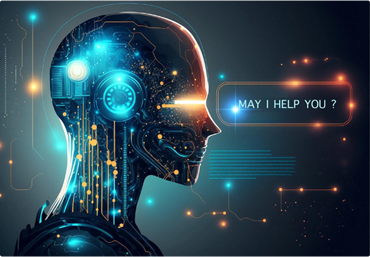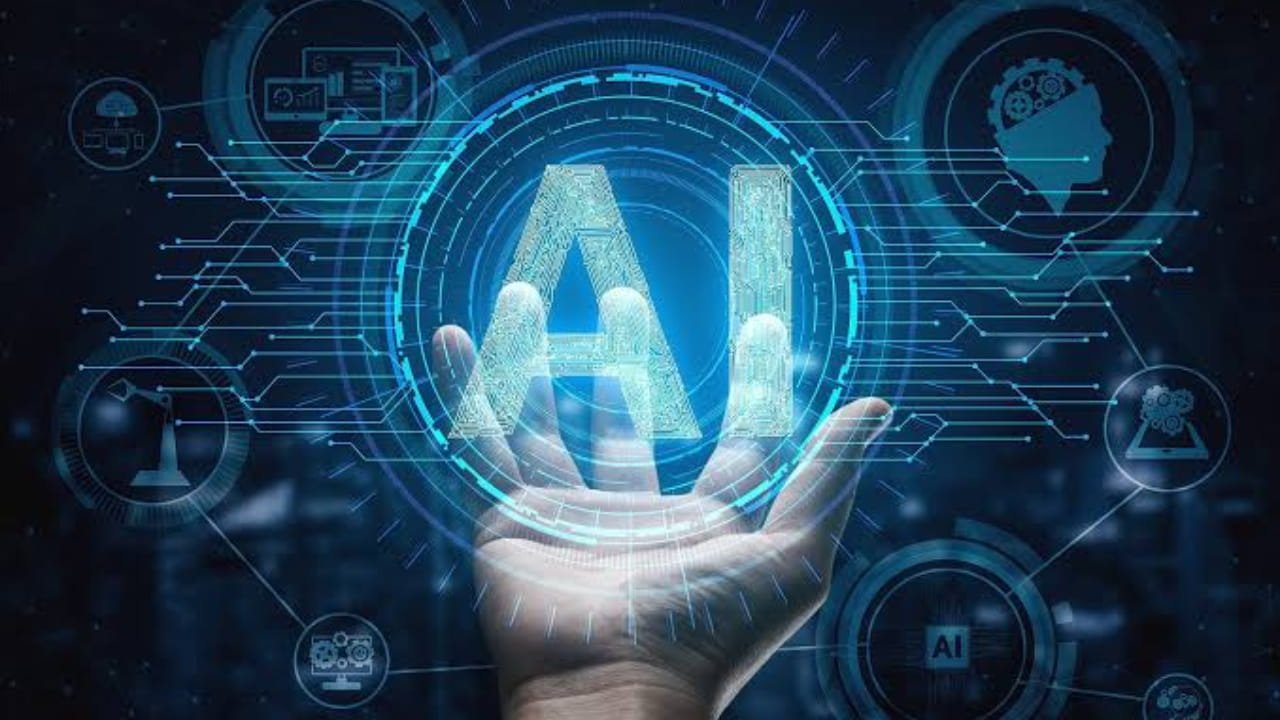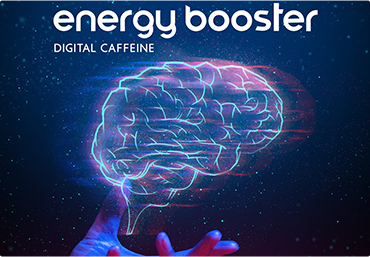2025 promises big changes in software development. New technologies are reshaping how we build, secure, and optimize applications. What’s driving this transformation? Find out the trends that will define the future of development and the skills you’ll need to stay ahead.
AI-Powered Development Revolution
AI is changing the way software development is done. Automating repetitive tasks accelerates the delivery process. Anticipatory algorithms improve code quality and identify bugs in advance. AI tools help developers create more intelligent and scalable applications. Machine learning allows for customized and tailored user experiences. NLP enhances the documentation and readability of code. Chatbots assist with customer engagements in real-time. AI improves DevOps, which increases deployment reliability.. Use AI to ensure the longevity of your software development methods.
- Explore AI tools like GitHub Copilot and Tabnine.
- Automate testing and code reviews with AI-driven platforms.
- Invest in courses focusing on machine learning and NLP integration.
The Rise of Low-Code and No-Code Platforms
Low-code and no-code platforms simplify app creation. They empower non-developers to build applications quickly. These platforms reduce dependency on extensive coding skills. Businesses can prototype ideas faster and at a lower cost. Drag-and-drop tools streamline workflows and customization. Developers focus on complex tasks, saving time and resources. Organizations adopt these platforms to scale innovation. Low-code solutions drive digital transformation across industries. They support automation and integration with existing systems. The future of app development is accessible to all.
Top Platforms to Explore
- Microsoft PowerApps
- OutSystems
- Mendix
Quick Tip
Start small with internal apps to understand the potential and limitations of these platforms.
Edge Computing Meets 5G for Real-Time Solutions
Edge computing and 5G redefine software capabilities. Data processing happens closer to the source, reducing latency. 5G boosts connectivity for seamless, real-time interactions. Together, they power IoT devices and smart systems. Applications like autonomous vehicles rely on these technologies. Industries gain speed and efficiency in data-intensive tasks. Gaming experiences become faster and more immersive. Healthcare sees improved remote monitoring and diagnostics. Edge computing enhances data security by limiting cloud reliance. These innovations reshape how applications are designed and deployed.
Cybersecurity as a Core Development Focus
Cybersecurity is integral to modern software. Developers prioritize secure coding practices to prevent breaches. Secure APIs ensure safe communication between applications. Two-factor authentication strengthens user access control. Regular penetration testing identifies system weaknesses early. Businesses face legal and financial consequences of cyber threats. Security-first development builds user trust and brand reputation. Make cybersecurity a foundational aspect of your software lifecycle.
Sustainable and Green Software Practices
Green software development promotes energy efficiency. Cloud computing solutions lower carbon footprints. Algorithms are optimized for reduced power consumption. Sustainable practices prioritize reusable and modular code. Developers adopt eco-friendly programming languages and frameworks. Data centers implement renewable energy to power infrastructure. Efficient resource utilization minimizes environmental impact. Sustainable design aligns with corporate social responsibility goals. Consumers support businesses prioritizing eco-conscious technology. The future demands greener software solutions.
Key Skills Every Developer Needs to Stay Future-Ready
Adaptability keeps developers competitive in evolving industries. Mastering cloud technologies ensures scalability expertise. Proficiency in AI and machine learning broadens career opportunities. Cybersecurity knowledge protects applications from emerging threats. Collaboration skills enhance teamwork in agile environments. Understanding low-code platforms accelerates development processes. Continuous learning supports adoption of new tools and trends. Proficiency in data analysis informs smarter decision-making. Version control expertise streamlines project collaboration. Future-ready developers combine technical and soft skills to lead innovation.
- Take certifications in cloud platforms (AWS, Azure).
- Learn core cybersecurity frameworks (NIST, ISO 27001).
- Practice data analysis with tools like Python and SQL.
Conclusion
Software development evolves rapidly with technology. Staying ahead requires embracing innovation like AI and 5G. Low-code platforms simplify processes, enabling faster results. Prioritizing cybersecurity protects businesses and users. Green practices ensure sustainable and ethical development. Developers thrive by mastering new skills and tools. The future of software is fast, secure, and sustainable. Adapt now to lead the change. Your journey to innovation starts today.







